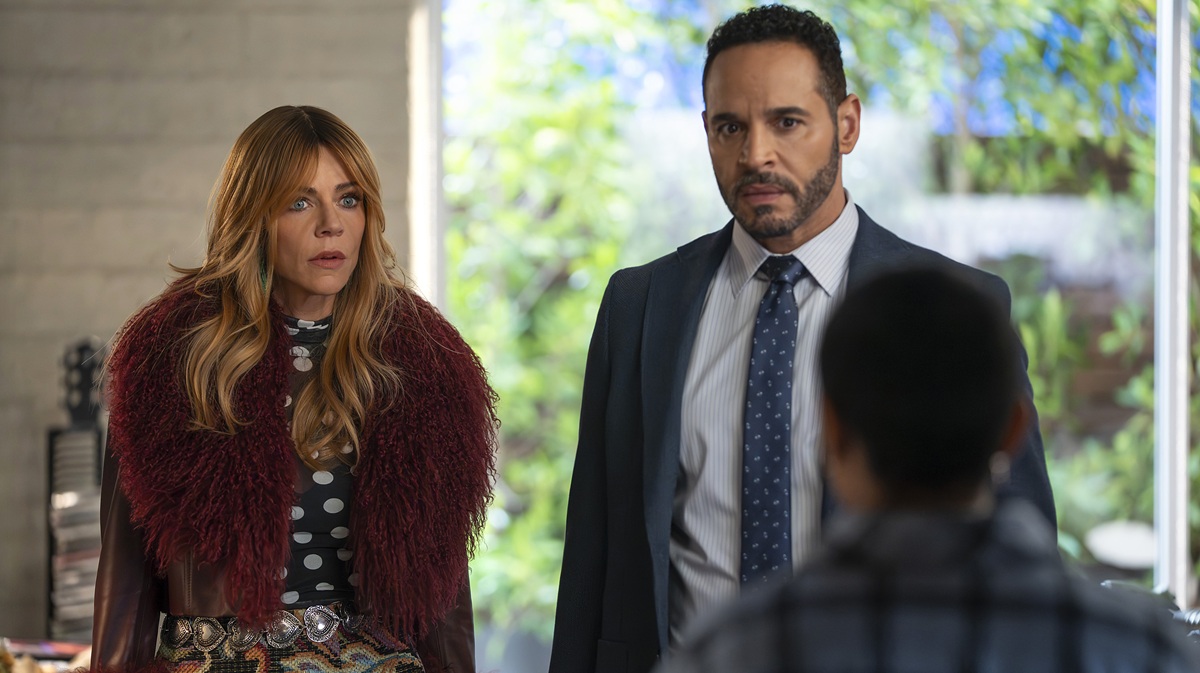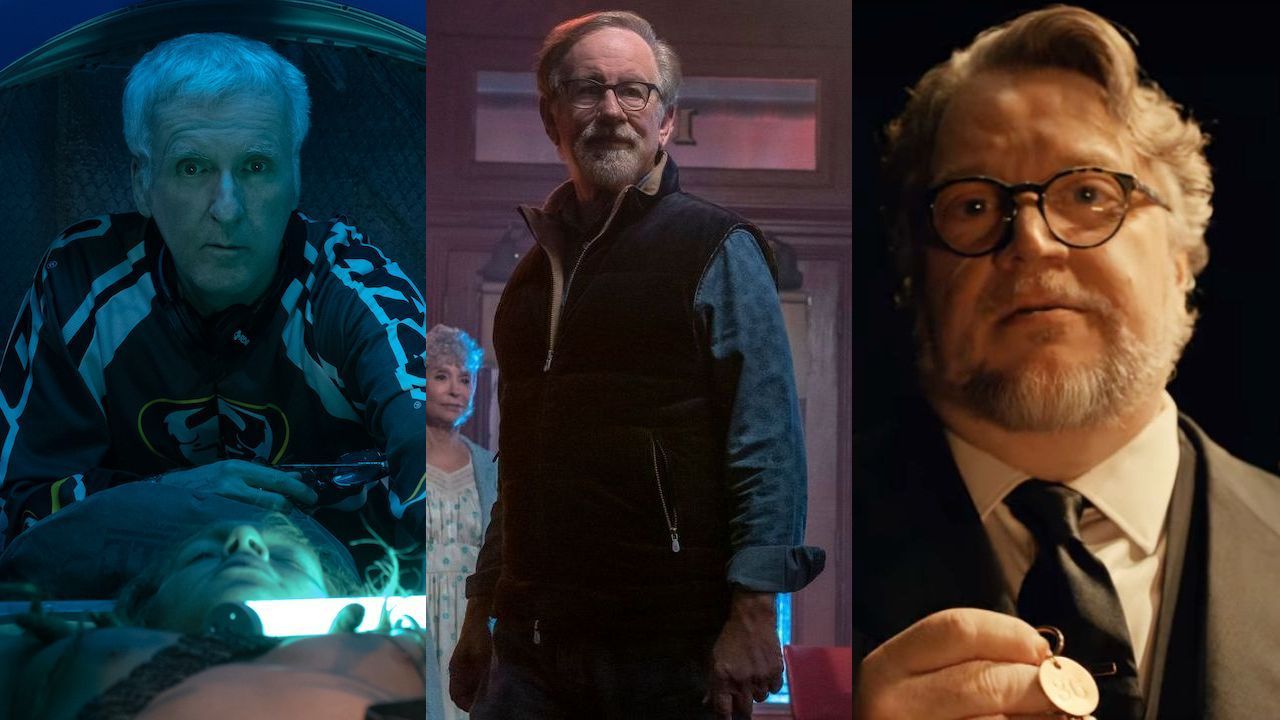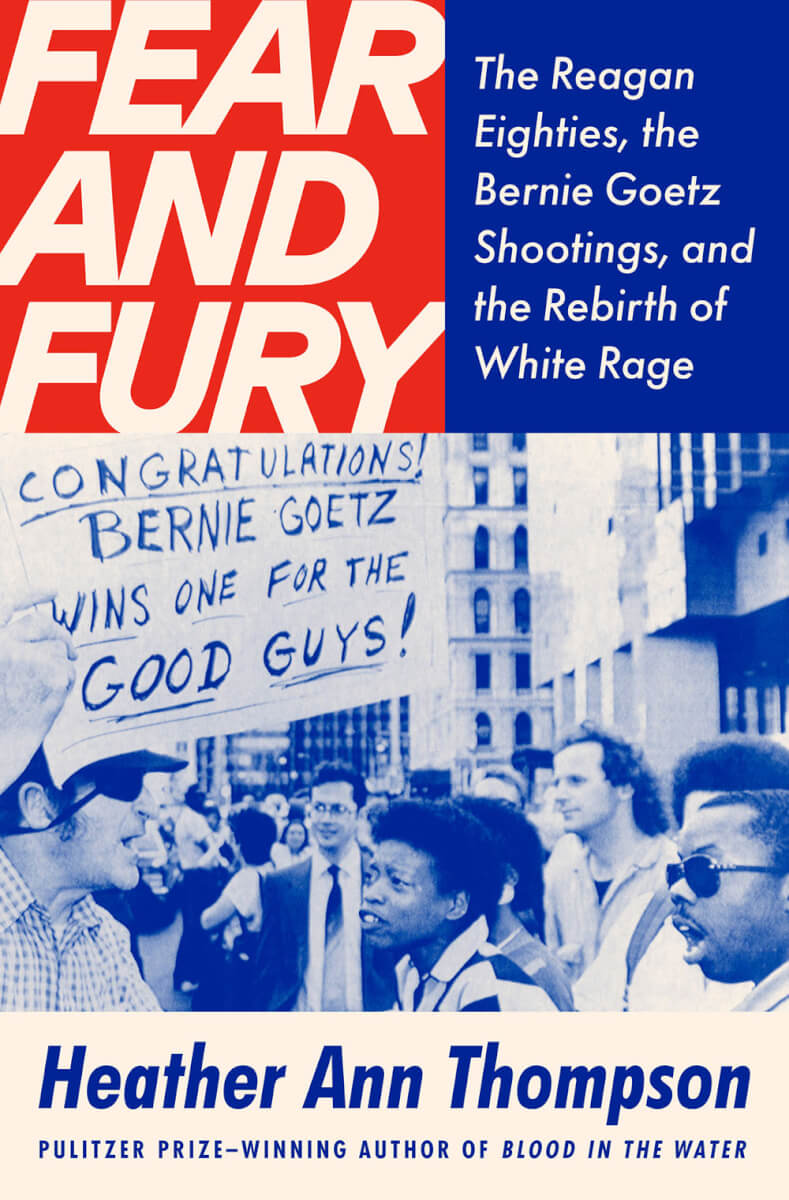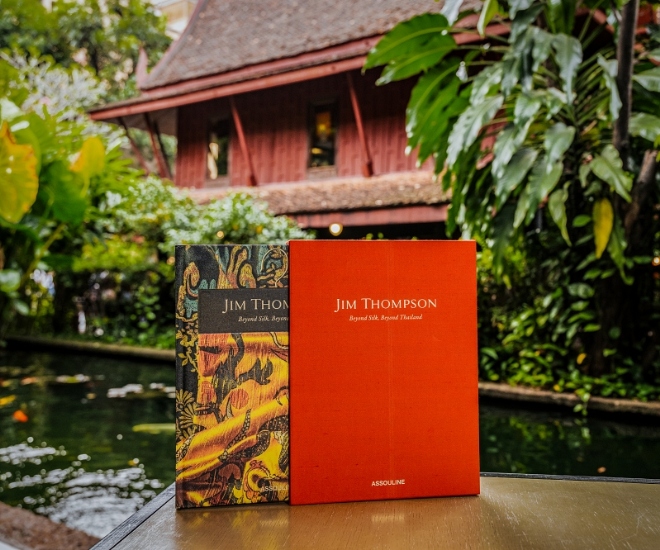Singer-songwriter Emitt Rhodes, who helped pioneer power pop with a series of beloved solo albums in the 1970s, has died. Rhodes’ collaborator Chris Price and his representative confirmed to Pitchfork that Rhodes died in his sleep. He was 70.
Rhodes was born in Decatur, Illinois. He played in multiple bands, including the 1960s garage rock band the Palace Guard. Their 1967 song “Falling Sugar” appears on the Nuggets compilation. He went on to join the psychedelic rock group the Merry Go-Round, who were signed to A&M Records and released one self-titled album in 1967.
After the Merry Go-Round disbanded, Rhodes pursued a career as a solo musician. A&M released one solo album featuring his early solo masters called The American Dream. His first proper solo album, which he recorded and mixed entirely on his own, was 1970’s Emitt Rhodes. “When I recorded Emitt Rhodes, I was basically investing in myself,” Rhodes told Paul Myers in 2015 for Mojo Magazine. “That was kinda how I saw it. I spent any money that I made from making the records with the record company to buy the equipment that I used to make my own records.”
Rhodes was later sued by ABC/Dunhill for not fulfilling a contractual obligation to record two albums each year. “It was a Herculean task and it was impossible for me to do,” he told Myers. As a result, he walked away from his career as a recording artist. “There were lawsuits and lawyers and I wasn’t having any fun anymore,” Rhodes explained in a 2001 interview with Steven Hyden. “That’s it. Simple as that. I worked really hard and there was no reward.” He continued working behind-the-scenes as a producer and engineer.
In 2016, he returned to recording his own music with a new album called Rainbow Ends. It was a collaboration with Chris Price, who at 21 years old met Rhodes by showing up to his house unannounced. The album featured musicians who admired his earlier records, including Aimee Mann, Jon Brion, the Bangles’ Susanna Hoffs, Nels Cline, and Richard Thompson.
His albums and self-recording methods have been cited as influential by many musicians. Mac DeMarco cited Rhodes as an influence on the Salad Days sessions. Sadie Dupuis tweeted that she was inspired to start both Speedy Ortiz and Sad13 because of Rhodes’ home studio work.








